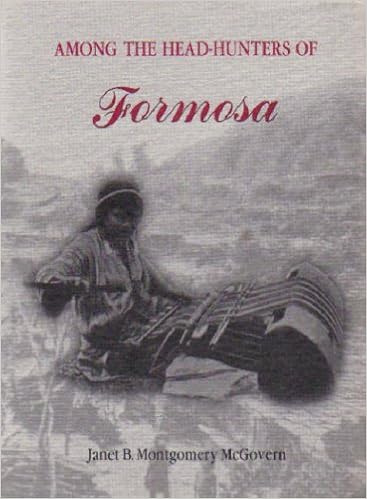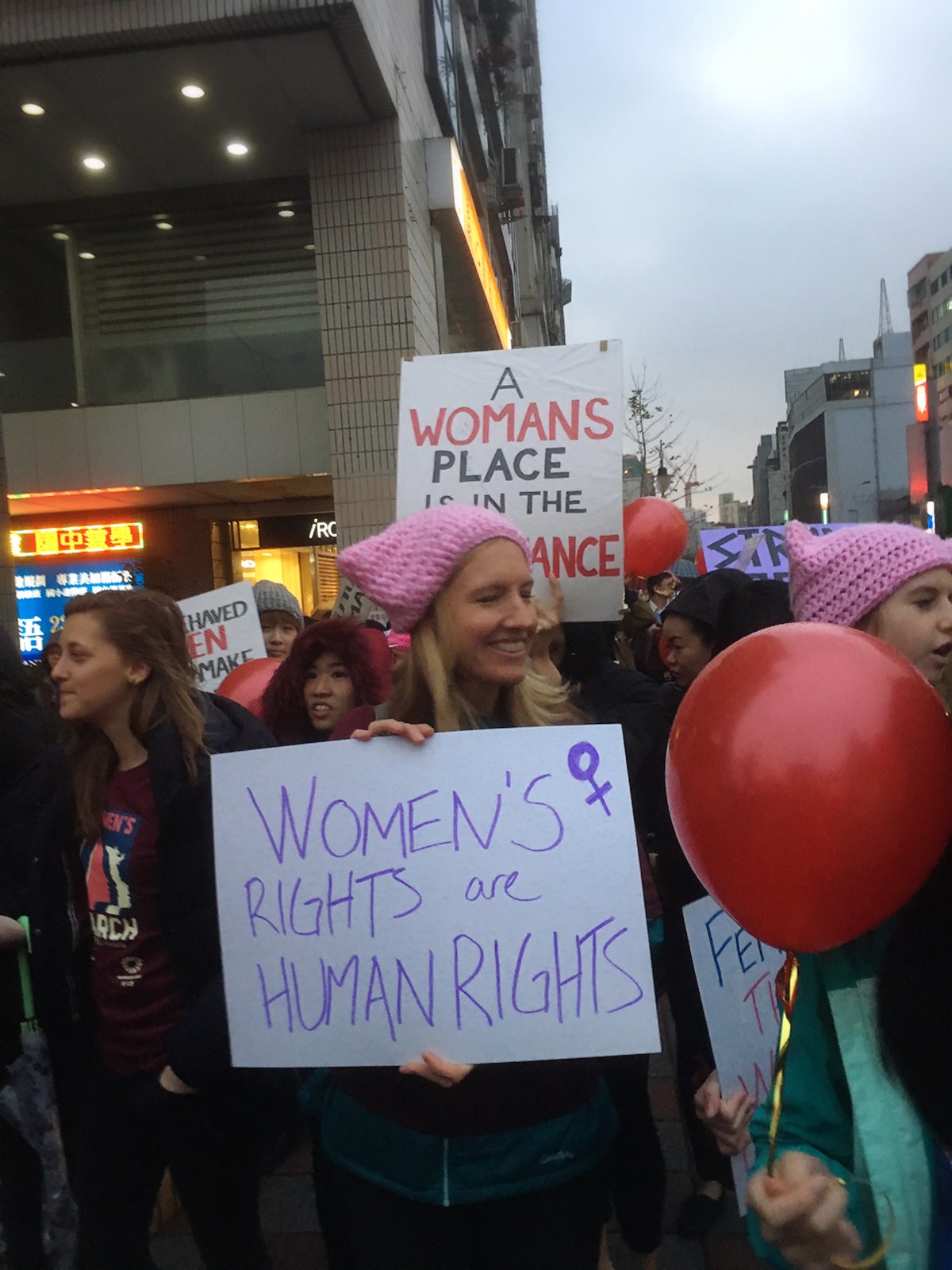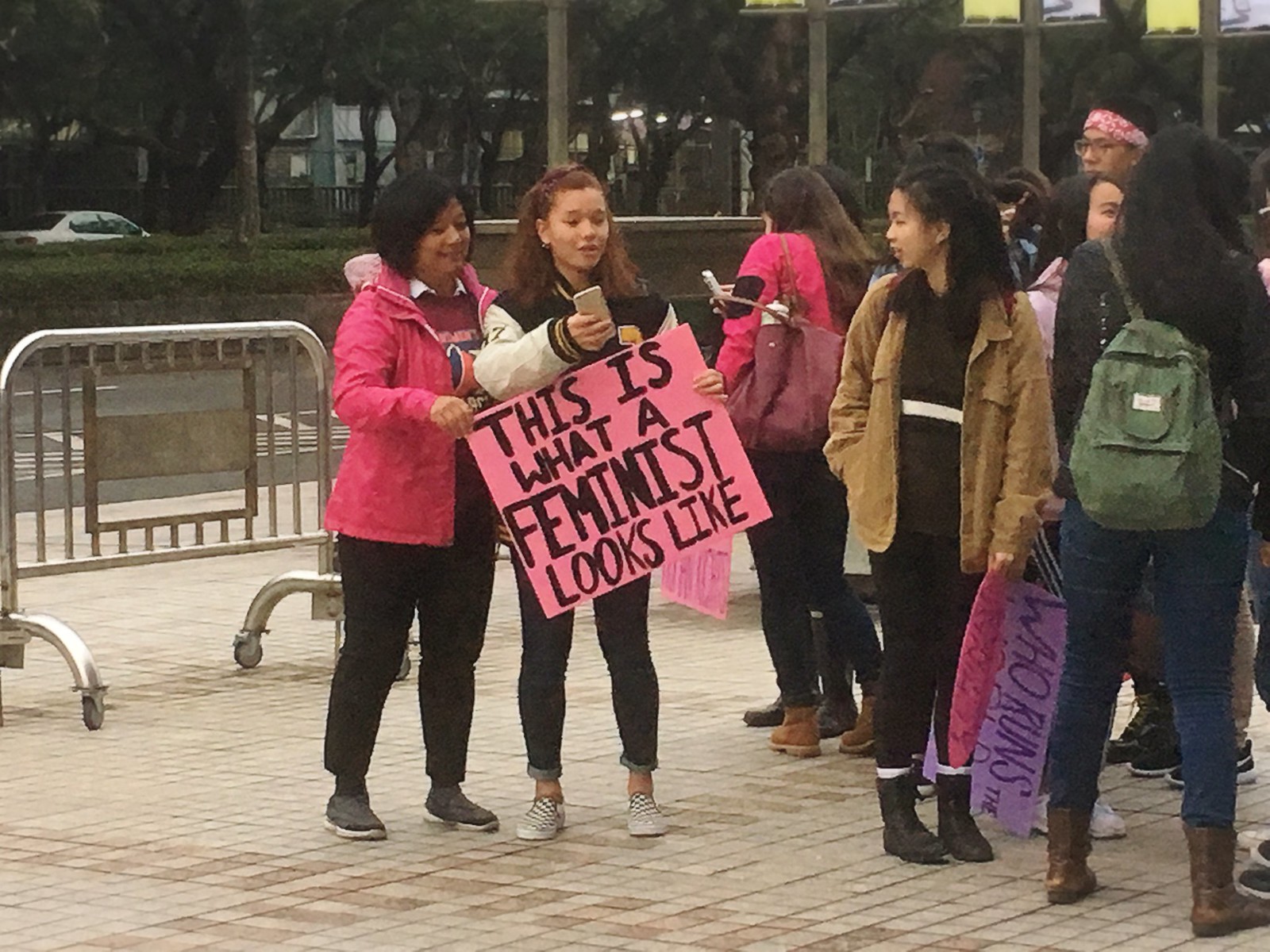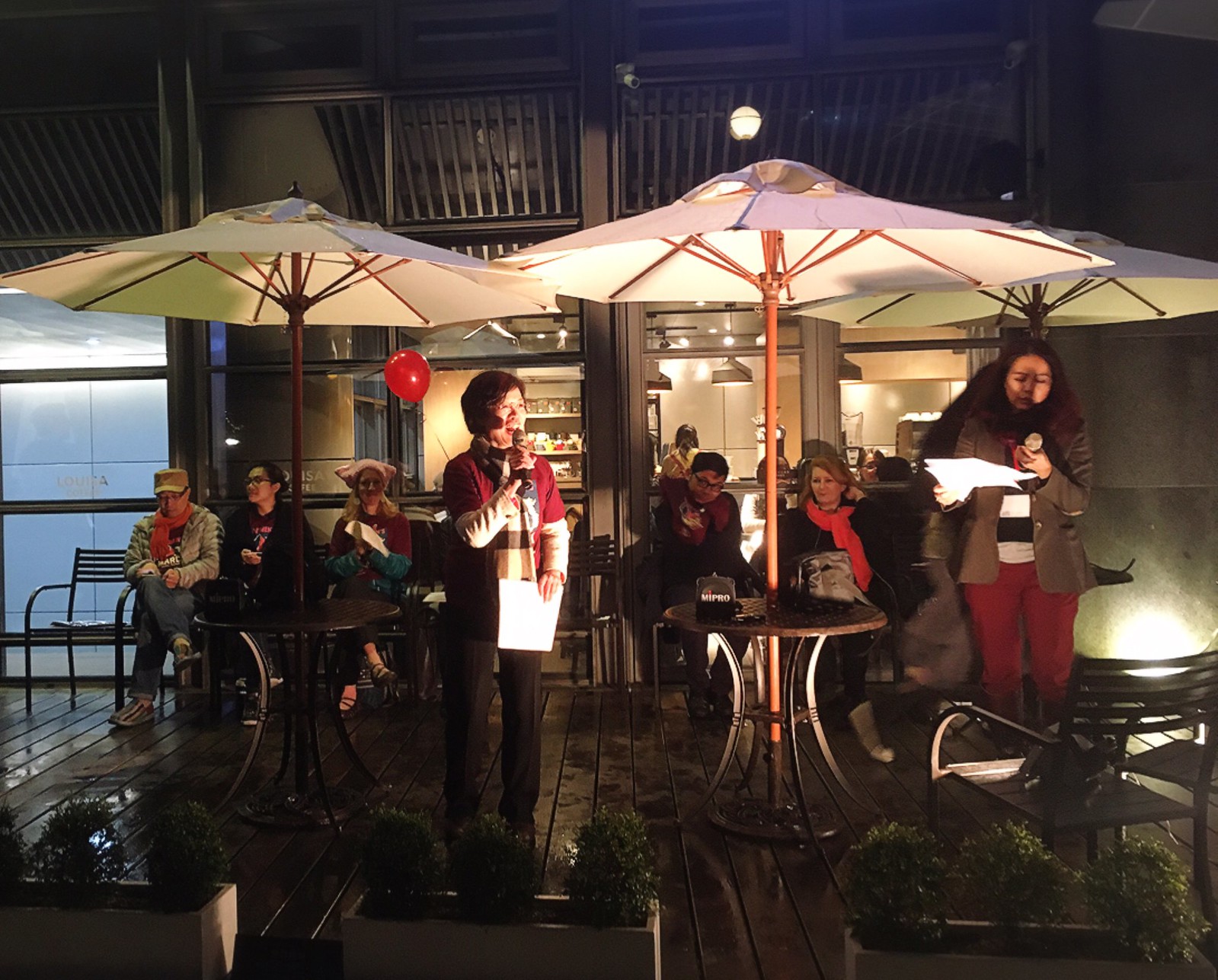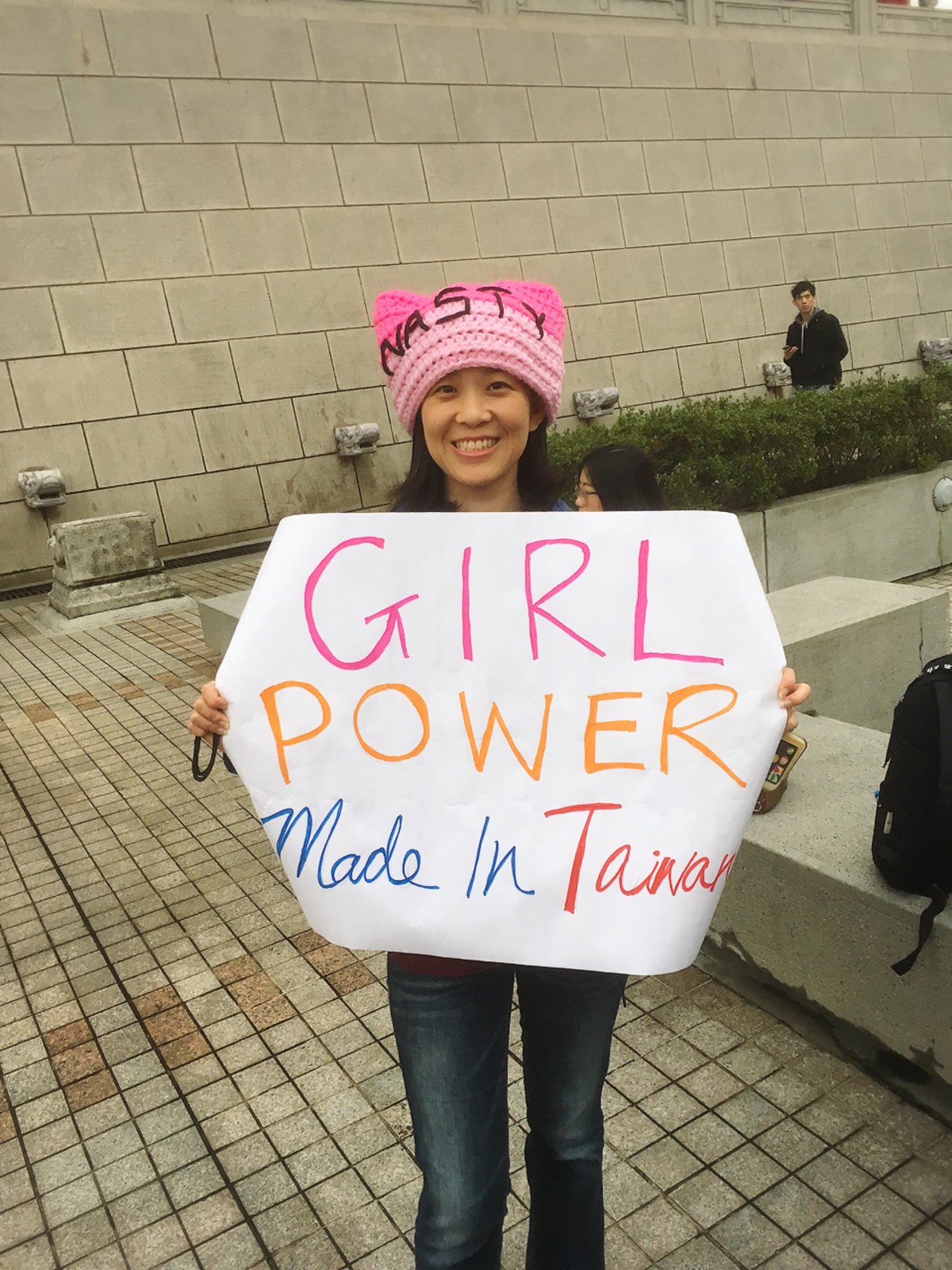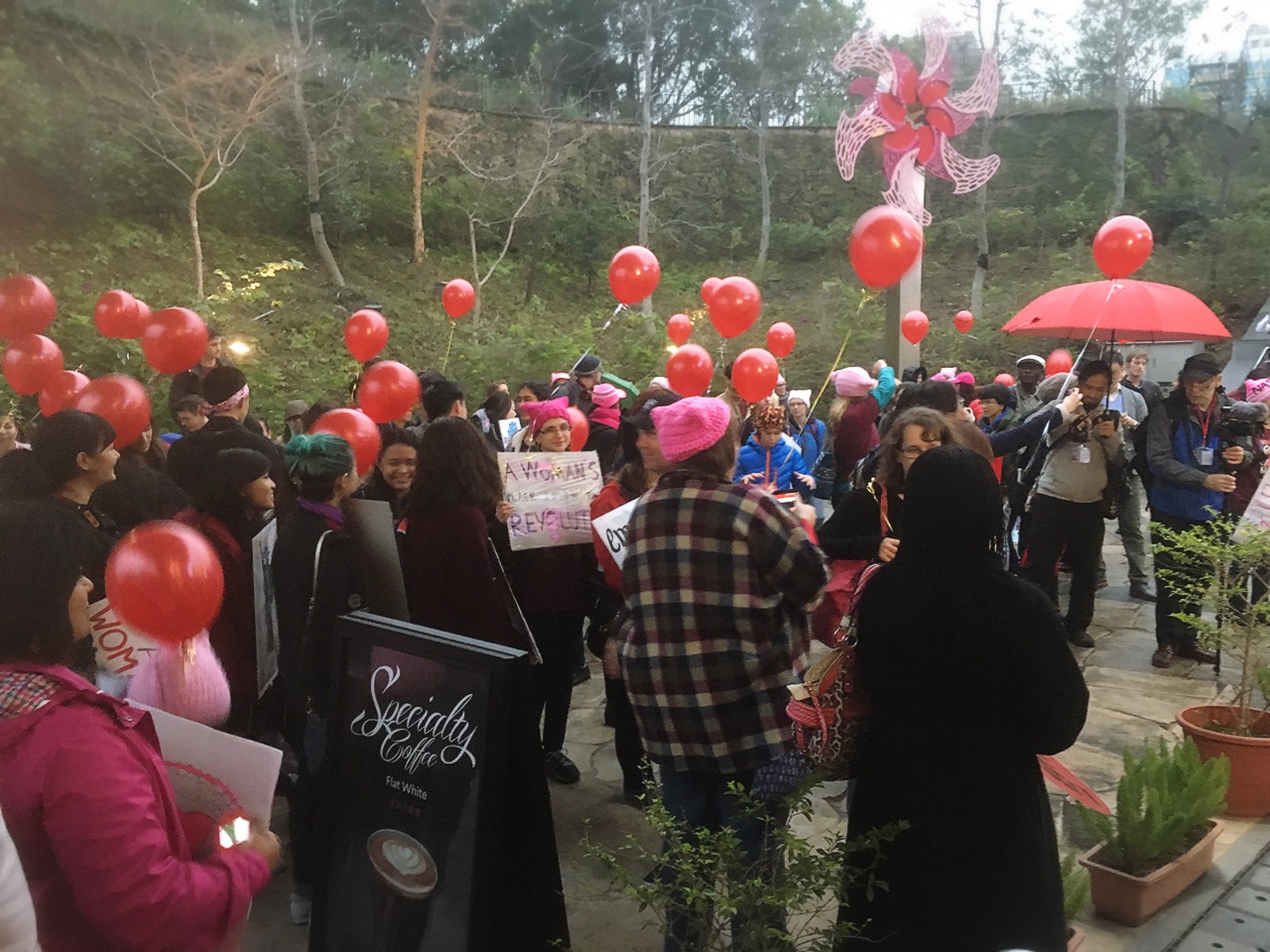Why is that, I asked to no one in particular.
I returned to my original post from years ago about why there are so few expat women in Asia (I could just as easily said 'Western women' - what working-class foreign women, mostly from China and Southeast Asia, in countries like Taiwan face is an entirely different topic that I will cover once I feel qualified to do so).
I felt that the piece could use some updating, so I've updated it to add a few more thoughts and clarify or expand some of the original points.
I am not at all sure that everyone will like what I have to say, but since when has that mattered to me?
What would really improve the piece would be more firsthand experiences from a variety of women on why they chose to stay or leave - in fact, after I finish off a few other blogging projects I'm working on as well as get through the first in-person component of my Master's program, I intend to seek those voices out. For now, your comments are welcome.
The bulk of the changes - though not every change - to the original article are as follows:
As for the reasons why [dating prospects aren't great for Western women in Asia], it's hard for me to say, and I'll have to stick to heterosexual couples for now. Someone more qualified than me can write about gay dating in Asia.
My college crush moved to Taiwan, we started dating, and now we're married. I don't really have firsthand experience with this issue to share. It seems to me, though, that the issue is not what most people assume: that Western women don't want to date Asian men, so they stay single. Only a small minority of Western women I've met in Asia feel that way - most are quite open to it, or have dated (or married) Asian men. However, I do think it's likely harder. The culture barrier to dating doesn't work in our favor, as Asian men are often less likely to be clear about their feelings and ask for concrete dates, or don't show interest in the ways we've come to expect. It's easier to be a very clear Western man asking a local woman out than it is for a Western woman to figure out if an Asian man likes her.
Of course, I'm the sort of woman who once asked men out. It doesn't shock me - I think more women should do it! Again, however, that's a contentious topic in the West, though I'm not sure why. In Asia it's even more rare and is more likely to put men off. Take that even further, and it means there are fewer local men who possess the feminist chops many Western women deem a dealbreaker: I wouldn't date a man who would be put off by my asking him out.
After that, the culture barrier vis-a-vis traditional families also tends not to work in Western women's favor. If you are dating the son of Asian parents, while it's not certain that they'll expect him to run his family the way they tell him to, live nearby or use your shared financial resources to support his parents, it is certainly more likely than in the West. The expectations of male and female roles in marriage are also more likely to be traditional (though, again, this is far from universal: feminist Asian men do exist. I count some among my friends). Some Western women might see this as a difficult adjustment. Others, like me, view it as a dealbreaker.
This is not meant to be a blanket statement on the state of Western woman-Asian man dating in Asia, of course. Differing stories and successful and happy couples abound. It's just an issue worth considering. However, if the obstacles to that sort of partnership are greater, fewer women are likely to meet, date, marry and set up a home with a local man. This means fewer have that particular pull to stay (though, again, there are many success stories).
And, of course, there aren't that many Western men to date and the ones that are here might - see below - be oddly hostile to Western women.
My college crush moved to Taiwan, we started dating, and now we're married. I don't really have firsthand experience with this issue to share. It seems to me, though, that the issue is not what most people assume: that Western women don't want to date Asian men, so they stay single. Only a small minority of Western women I've met in Asia feel that way - most are quite open to it, or have dated (or married) Asian men. However, I do think it's likely harder. The culture barrier to dating doesn't work in our favor, as Asian men are often less likely to be clear about their feelings and ask for concrete dates, or don't show interest in the ways we've come to expect. It's easier to be a very clear Western man asking a local woman out than it is for a Western woman to figure out if an Asian man likes her.
Of course, I'm the sort of woman who once asked men out. It doesn't shock me - I think more women should do it! Again, however, that's a contentious topic in the West, though I'm not sure why. In Asia it's even more rare and is more likely to put men off. Take that even further, and it means there are fewer local men who possess the feminist chops many Western women deem a dealbreaker: I wouldn't date a man who would be put off by my asking him out.
After that, the culture barrier vis-a-vis traditional families also tends not to work in Western women's favor. If you are dating the son of Asian parents, while it's not certain that they'll expect him to run his family the way they tell him to, live nearby or use your shared financial resources to support his parents, it is certainly more likely than in the West. The expectations of male and female roles in marriage are also more likely to be traditional (though, again, this is far from universal: feminist Asian men do exist. I count some among my friends). Some Western women might see this as a difficult adjustment. Others, like me, view it as a dealbreaker.
This is not meant to be a blanket statement on the state of Western woman-Asian man dating in Asia, of course. Differing stories and successful and happy couples abound. It's just an issue worth considering. However, if the obstacles to that sort of partnership are greater, fewer women are likely to meet, date, marry and set up a home with a local man. This means fewer have that particular pull to stay (though, again, there are many success stories).
And, of course, there aren't that many Western men to date and the ones that are here might - see below - be oddly hostile to Western women.
Does it really keep Western women away from life abroad, though, or is the correlation entirely spurious?
A little of both. For women who want to travel, the dating issue (which has no easy answer) is not likely to keep them away, though it may cause them to choose shorter-term trips: a one-year stint as a student or one year abroad teaching instead of staying long-term, for example.
* * *
It is tiring to work for a sexist boss, have to address sexist beliefs even among friends, go out and meet people only to find that you are again being judged through the lens of gender, asked yet again about marriage and family, having children, having your appearance commented on and treated as the most important part of who you are. Always wondering if you are being paid less, and if so, because you happen to have a vagina. Always wondering if you are offered the fluffier classes (e.g. "Baking in English!") and work teaching children rather than the more challenging work (e.g. "Presenting in English") because you are female. Always questioning why, exactly, most of your colleagues are male, especially if you teach corporate English, IELTS or other adult classes.
Sexism is also a problem in the West - the hate and vitriol I see from some American men is astounding - but coming up against older-school forms of it in Asia is tiring.
* * *
Sexism is also a problem in the West - the hate and vitriol I see from some American men is astounding - but coming up against older-school forms of it in Asia is tiring.
* * *
I want to add a few more points here to expand this piece. I focused mainly on expats like me above: women who came here on their own as students or independently in search of work. However, there is a whole class of expat that I don't interact with much - nothing personal, we just inhabit different worlds - the corporate expat here on a fancy package. In Taiwan this means the ones who have luxury apartments rented for them, drivers and live-in help, who send their children to international schools we couldn't hope to afford. That sort of money would be nice, though I'm not sure I'd like the life very much. In any case, corporate sexism is a huge issue, and as a result most of the employees being offered these stellar packages are male. They might bring their wives, but they are the ones drawing the salaries. When women are offered something like this, they may find they're in a tiny minority and that when they arrive, the non-Western corporate world is even more hostile and sexist than what they left behind. Professional Taiwanese women have more advantages than almost all of their counterparts in the rest of Asia, but corporate sexism here is no better, and likely worse, than what you'll find in the West.
And, finally, I'm going to add something that may anger a few people, but here we go. It is my personal opinion from observation that women tend to be less tolerant of mediocrity. What I mean by that is, those of us who don't come as students or well-paid, cosseted expatriates often start out teaching English. Few of us are qualified, and we are given a title ("teacher") that we don't exactly deserve. I don't exempt myself from this: I was once this sort of so-called "teacher". Most "English teachers" in Taiwan know this (though some don't seem to have figured it out). Some, like me, decide the work is meaningful and fulfilling and eventually become professional educators. Most don't. Some leave after awhile, others decide that teaching without any real qualification is good enough and stay. Guess which group I have noticed is more likely to not be content being an unqualified "teacher"? If you guessed women, then you get where I'm going. And guess which group I've noticed is more likely to decide that what they're doing is fine?

